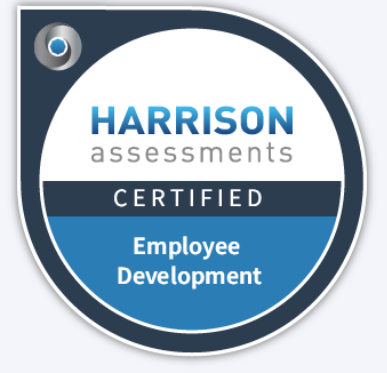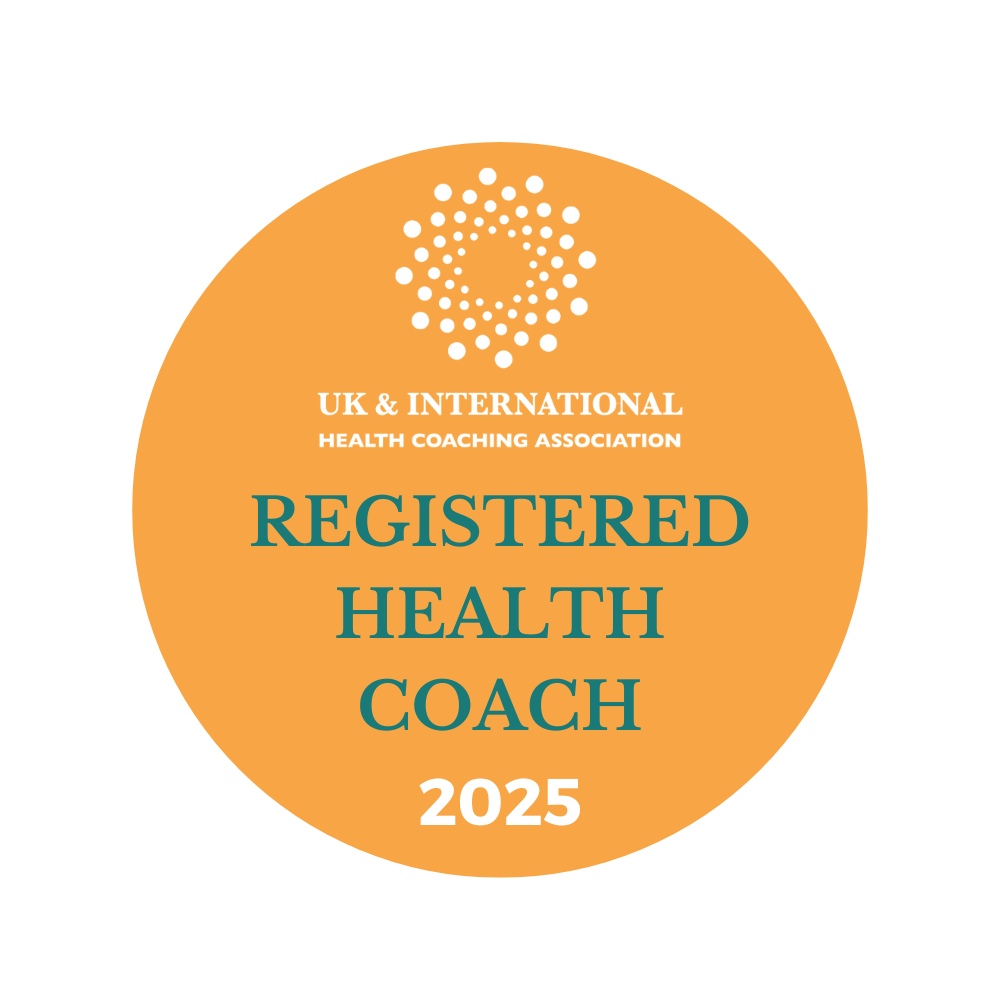Autonomy, Agency and Acceptance
barbara bates • January 15, 2021
Here are a few words beginning with A that are important in wellbeing.
Autonomy
is when you have power to act of yourself, because you have decided to, not because someone else says you have got to.
Of course there are times when it's good to do what you are asked, even if you'd rather not. How many of us, for example, really want to follow the coronavirus restrictions just now, when we would much rather see family and friends and go where we please? Yet we can autonomously decide that we will comply, and be at peace with that decision.
It's also one of the biggest predictors of workplace happiness - if in your job you have a lot of freedom in exactly how you do it, rather than being micromanaged in every respect, you are likely to be more satisfied in your role.
Autonomy is very important in coaching - unlike consulting, teaching or training, a coach will not generally give you advice or run your agenda. We are there to hold the 'thinking space' for you so that you can work on your own 'stuff'. There are some exceptions due to legal and safeguarding situations, but on the whole, a coach is working to your agenda and you are autonomous, and therefore much more likely to carry out the actions you thought of and committed to.
Agency
is similar, with more emphasis on the power to act at all. It often comes up in the context of control, where we really look at how much control or responsibility you really have. Many of the things we might worry about are in fact totally outside our control, and although we might experience fear or anxiety about them, there is nothing we can actually do. (I'm thinking about asteroids on a collision course with Earth here.) There will be many things closer to home, where we can do things differently, and that's where it's most effective to put our energies.
Our third A, Acceptance, is also good in directing our energies more effectively. There's no doubt that bad things happen, especially as we have seen in 2020, and they're awful and we wish they hadn't happened. Yet the first step in making sense of disaster or difficulty is to start where we are, with the facts. As a friend of mine often says, 'It is what it is', and that's it.
It doesn't mean that we think whatever has happened, or the wrong that someone has done us, doesn't matter and that we should just try to forget about it; it's rather that we step into the experience and the feelings and acknowledge that this is how it is, this is what we've got. Then we are in a better position to respond, with kindness and compassion to ourselves as well as to others.
This is the basis of several powerful approaches, such as Tara Brach's Radical Acceptance, and I really recommend her books. You can find out more here.
Which of these A's resonates most with you today?
Is there one new thought or action that you can keep? Maybe you have a diary or a journal, some way of remembering the insights that arise.




